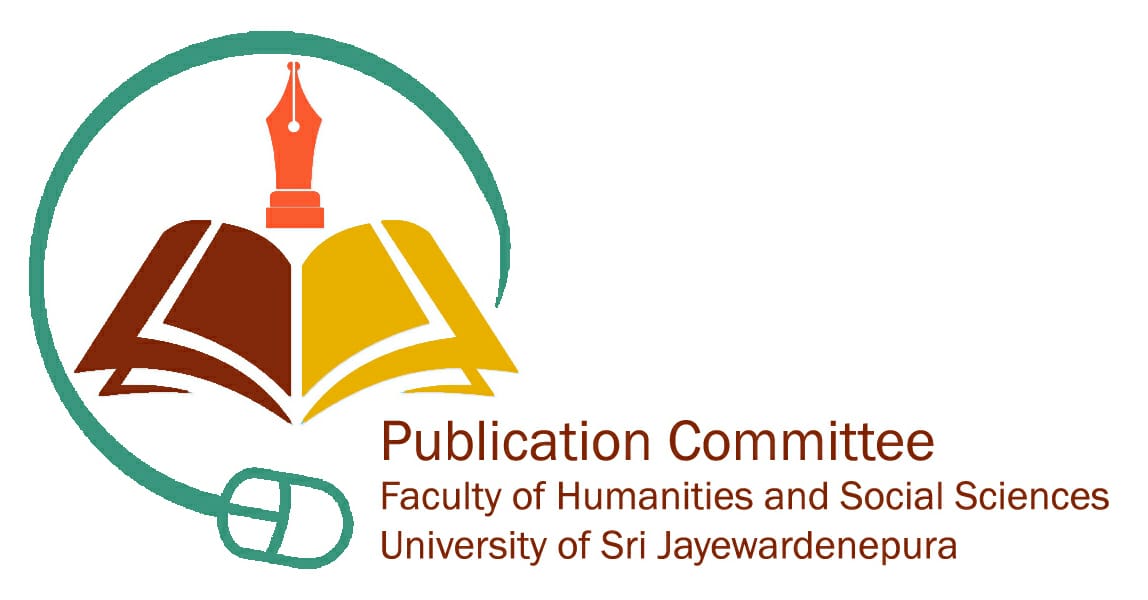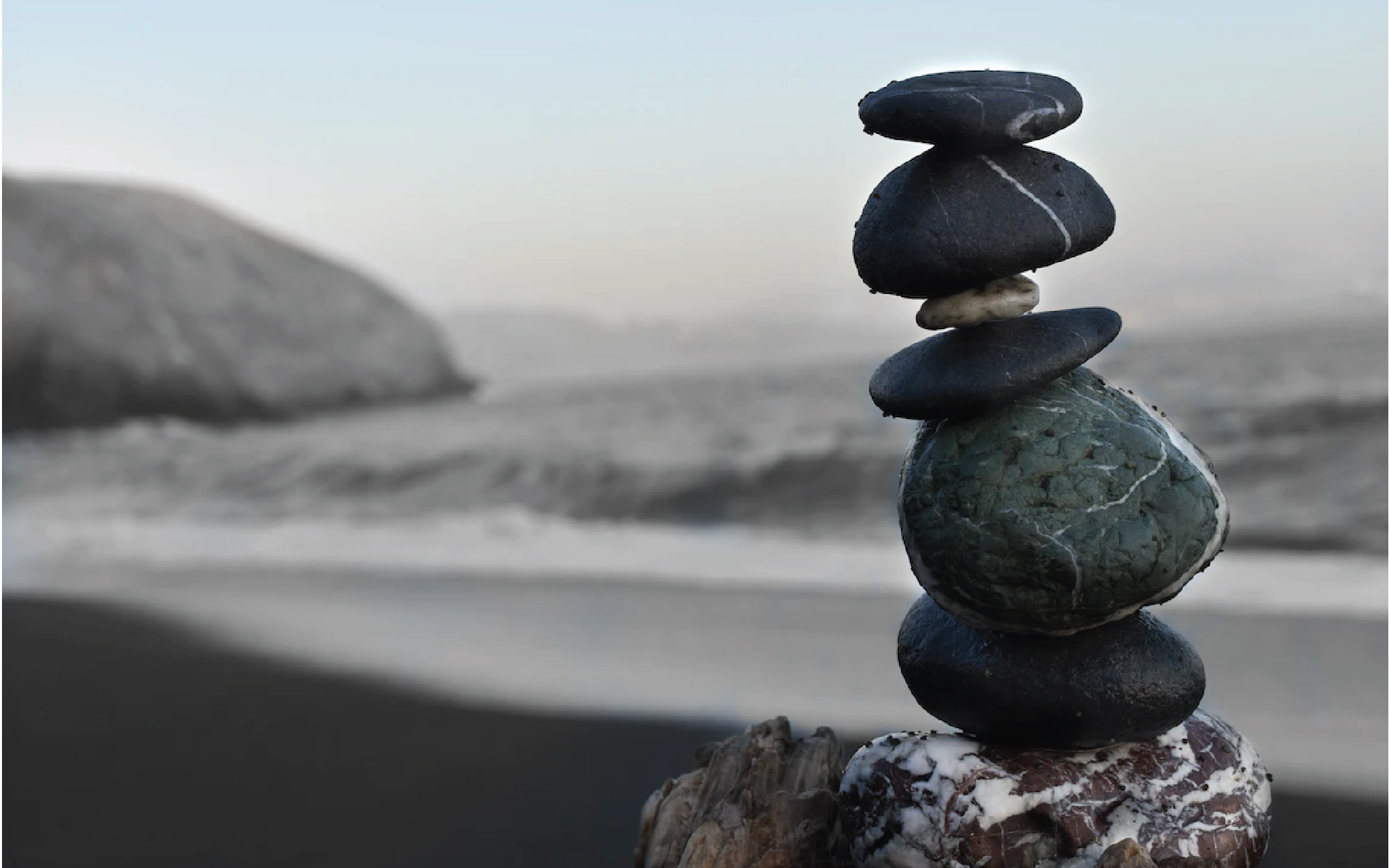Spirituality has long been identified as a valuable tool in global peace and harmony. It is still playing an important role in the world society even through the world is passing through the globalization and the forth industrial revolution now. There are spirituality devoted people in highly developed countries, even though their percentage is small. In contrast to this, the percentage of people with spiritual life is still high in developing countries even though it is declining slowly. The meditation related spiritualism is a daily practice of life among people in South Asian countries including Sri Lanka.
Spirituality occurs in all traditions and cultures. Everyone can practice spirituality in their daily life through ordinary, everyday activity. There are five ways to use for spiritual development in Sri Lanka.
Meditation is a method for changing the inner self. Buddhist meditation practices are systems that energize and create focus, clearness, enthusiastic energy, and a quiet observing of the genuine idea of things. By engaging with a specific meditation practice people learn the patterns and habits of their mind, and the practice offers a means to cultivate new, more positive ways of being. With regular practicing meditation can have a transformative effect and can lead to a new understanding of life.
Puja is another vital component of faith and lifestyle for Buddhist believers. It is significant to Buddhism as it essentially represents the principal beliefs and provides devotion, fellowship and even an opportunity for reflection. The people who are engaged with Puja will derive to create inner peace of the participants.
Sound has been a primary method of healing used by various cultures for thousands of years for spiritual development. Pirith Chantin as a sound therapy has been proven over and over again to be a powerful way to restore harmony to the body. The use of sound healing can provide positive results for a variety of issues including, sleep disorders, anxiety, depression, stress management, aggression, violence and pain management.
People can grow in their spiritual development by helping and giving to others. Such as, donate to charity, working as a volunteer and offer their skill to those who need them. They can also give money or time. Either way, being more generous in their actions, behaviors and personality will help their spiritual development. Donating may be deeply rewarding for donor too. Millions of people give to charity on a normal foundation to assist reasons they believe in, in addition to for the positive effect it has on their own lives.
When people can maintain living healthy as a spiritual discipline or practice, they will become positive thinkers. Therefore, in this situation, they will look at the world with an open mind. For that, people need to take care of their physical bodies by eating better, exercising more, stopping smoking, and drinking less alcohol.
Therefore, personal spiritual development has converted the aggression and violence within humans into compassion, love, and care. Therefore, through spirituality, we are able to put off the motive of violence, as a result, bringing peace and harmony to the world.
Sri Lanka is a multi-religious and multi-cultural society where overwhelming majority of the population are Buddhists and they practice spiritual life in some form or other. The country has exceeded the annual two million tourist arrival in the past before the recent unfortunate incidents. The tourism sector will recover within a short period of time as such incidents are not essentially confined to the popular tourist destinations in the world. A certain percentage of tourists coming from developed countries as well as Russia, Ukraine, China and India are interested in the meditation component of the spiritual tourism in the country. The country has not promoted global peace and harmony the potential of meditation among tourists properly in the past. The local service providers have also not paid the due attention to promote the spiritual product among the tourists.
Spiritual tourism is a niche market segment of religious and cultural tourism, as per global tourism statistics. In Sri Lanka, despite the contraction in trends, spiritual tourism may well be an important component of the tourism industry. Sri Lanka is a land of spirituality endowed with many places of worship, pilgrim centers religious monuments and so forth. And also, an excessive amount of qualified human resources is available in Sri Lanka to cater for those who have a need for spiritual development.
Therefore, there is a huge potential of in promoting global peace and harmony as a component of the spiritual tourism in Sri Lanka. But There are four main challenges in promoting peace and harmony related spiritual tourism in Sri Lanka. They are: lack of technical skills of spiritual leaders, poor infrastructural facilities of the locations, lack of motivations to promote spiritual tourism and unavailability of proper regulatory mechanism. If the country adopts suitable marketing strategies to promote peace and harmony through spiritual programs, Sri Lanka will be able to become an exclusive country in promoting global peace and harmony around the globe.
R. N.T. Jayasinghe
Lecturer (On Contract Basis)
Department of Pali and Buddhist Studies
References
Anderson, V. L., Levinson, E. M., Barker, W., & Kiewra, K. R. (1999). The effects of meditation on teacher perceived occupational stress, state and trait anxiety, and burnout. School Psychology Quarterly, 14(1), 3–25.
Banerjee, M. (2015). Spiritual Tourism: A tool for Socio-Cultural and Sustainable Development. International Journal of Science and Research,4(10), 1244-1249.
Blomfield, B. (2009), ‘Markers of the heart: Finding spirituality in a bus marked tourist’, Journal of Management, Spirituality & Religion, vol. 6, no. 2, pp. 91-106.
Samarathunga, W. H. M. S. (2015). Promoting Spiritual Tourism in Sri Lanka [Review of Promoting Spiritual Tourism in Sri Lanka]. International Conference on South and Southeast Asian Association for the Study of Culture and Religion, p.115.






